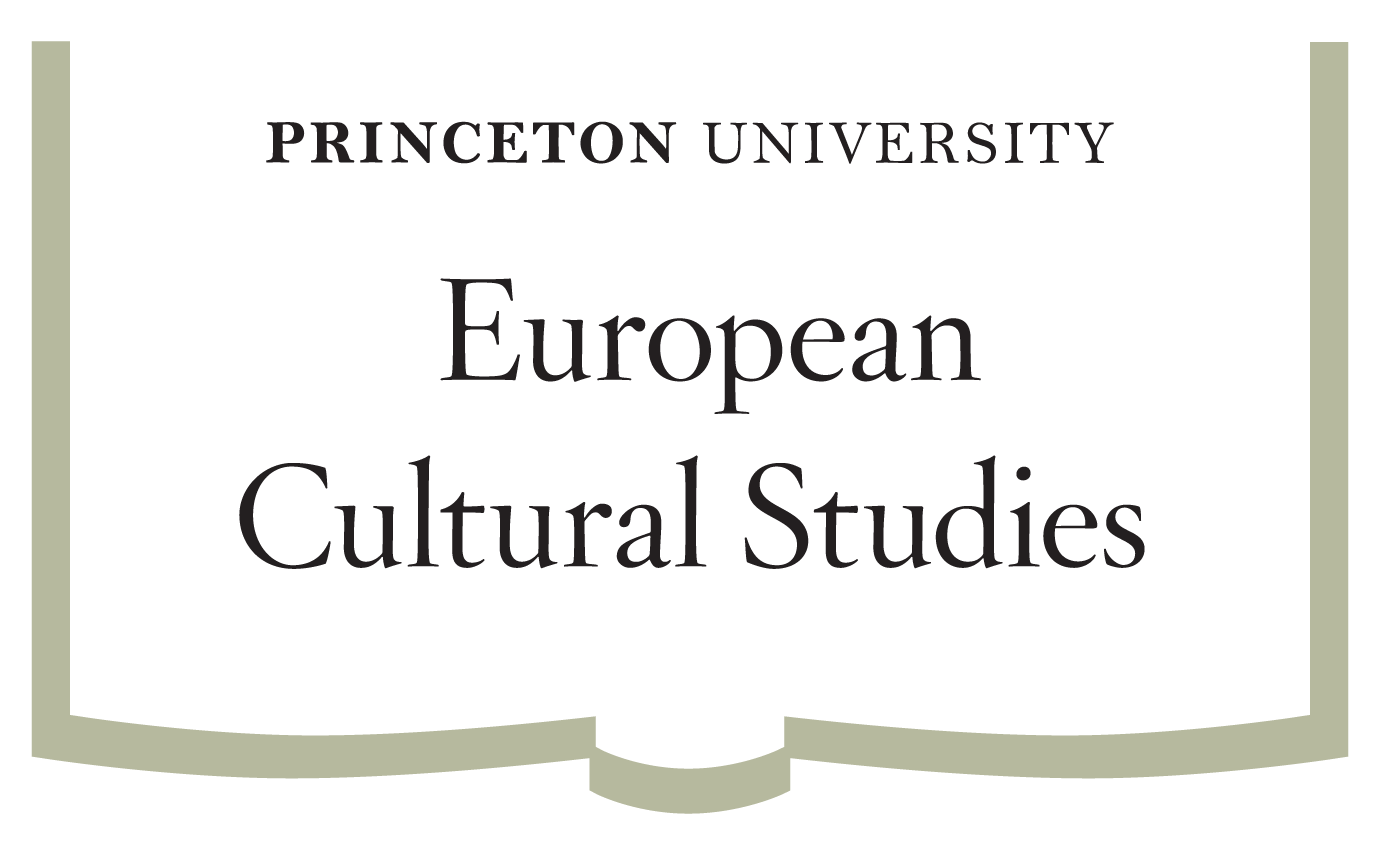Students in the Class of 2026 and above will earn the Minor in European Studies. Only students in the Class of 2025 should still apply to the European Cultural Studies Certificate.
The Program in European Cultural Studies (ECS), housed in the Humanities Council, and the Program in Contemporary European Politics and Society (EPS), housed in the Princeton Institute for International and Regional Studies (PIIRS) offer a joint Minor in European Studies (EUS). The EUS minor is available for students of the class 2026 and beyond and replaces the existing ECS and EPS certificates. Students from the class of 2025 can choose between pursuing the ECS or EPS certificates or the new EUS minor.
The Minor in European Studies offers a comprehensive exploration of Europe, blending the Humanities and Social Sciences. Students gain a deep understanding of Europe’s past and present through diverse coursework and engaging extra-curricular activities. You’ll explore European history, literature, art, architecture, music, cinema, theater, politics, sociology, economy, and philosophy, covering various time periods and national contexts, and develop skills in critical thinking, cultural analysis, and interdisciplinary research.
Goals for Student Learning
The key learning goals for the EUS minor are:
- To deepen students’ understanding of Europe, a region with a rich history and enduring global significance, by situating its study within broader contexts from early modern colonialism to contemporary concerns like regional integration and globalization.
- To strengthen students’ command of cultural interpretation through interdisciplinary research.
- To study the ways in which European societies, past and present, order reality, make sense of life, and communicate meaning across a range of disciplines and in a wide variety of media.
- To observe and study social, political, economic, and cultural trends generated in Europe that are relevant to the world at large.
- To engage critically with current scholarship on European culture, society, and politics, and to encourage participation in extracurricular public lectures organized by the two programs.
- To understand the connection between current cultural production and critical work, encouraged by participation in extracurricular activities, such as the ECS Schorske lectures and in Junior Excursions to cultural events.
- To acquaint themselves and interact with a broad range of European political figures and current issues through the EPS spring lectures.
- To create an esprit de corps among classmates across disciplines, to help them communicate clearly their research, and to participate in scholarly debates, through their participation in the EUS Senior Thesis Colloquium.
Plan of Study
The EUS minor requires the completion of five courses:
- One of the following core courses is required as a prerequisite: ECS 301 or EPS 302. Students who are unable to take either ECS 301 or EPS 302 may petition the directors for other courses that offer an introduction to the study of Europe from a similarly interdisciplinary point, such as HUM 216-217, HUM 218-219, or HIS 212/EPS 212.
- In addition to the prerequisite course, students will be required to take four elective courses in ECS or EPS; at least one of these courses should be in ECS and one in EPS, core or cross-listed.
- Students who have taken a full year of the double-credit HUM 216-217 and HUM 218-219 (the Western Humanities Sequence) satisfy two of the elective courses. Students who have taken one semester of the double-credit HUM 216-217 or HUM 218-219 satisfy one of the elective courses.
- Up to two courses may be double-counted with the student’s major.
- Up to two courses taken abroad can be counted as cognates for the elective courses.
- No independent work is required for the minor and there is no language requirement.
Additional Requirements
The following extracurricular activities are required for the completion of the EUS minor:
- Participation in the EUS Senior Thesis Colloquium: For a period of 6-8 weeks during the senior year, EUS seniors meet once a week to address common problems of research, conceptualization, organization, and writing under the supervision of the directors of the minor. In advance of each weekly session, two or three students submit a sample of their thesis work for close, critical reading by all members of the colloquium. During the sessions, students make introductory presentations of their projects, followed by discussions of the submitted work. Active participation in discussion is expected of all members of the colloquium each week. Students from the natural sciences or engineering who do not address European topics in their theses may submit a paper written for an EUS course for circulation and discussion, or they may opt to share material drawn from their thesis research and discuss aspects of their projects that intersect with the broader concerns of the colloquium.
- Participation in at least one ECS Faber lecture and Faber colloquium or in an EPS Spring lecture and students meeting event with the Speaker at least once during the four years.
- Participation in at least one cultural excursion organized by ECS or EPS (usually to NYC) during the four years.
Application
Interested in the EUS minor? Please complete this application to join our vibrant EUS community.












